AO Edited
Goin’ To Kansas City Plaza
This classic Kansas City song reference is the place for anyone who wants to stand at the corner of 12th Street and Vine.
“I’m gonna be standing on the corner, 12th Street and Vine.” These memorable lyrics were originally written by two teenagers who had never even visited Kansas City, but they have come to define Kansas City’s music scene and embody its spirit. Today, visitors can celebrate the lyrics of “Kansas City” at a humble municipal park that pays homage to the hit single.
As early as 1910, 12th Street had become Kansas City’s entertainment thoroughfare. Over the next 50 years, jazz clubs, honky tonks, bars, and cafés boomed along the strip, even as segregation restricted the reach of Black business. In the 1930s, the legendary Reno Club was the home of Count Basie and his first orchestra, and nearby, Charlie Parker got his start and the sobriquet “Bird.” On 12th and Vine, the Orchid Room was the hot club and host to some of the biggest acts in R&B through the 1940s and 1950s.
Meanwhile, inspired by the rhythm & blues scene in Kansas City, particularly the boogie-woogie blues popularized by Big Joe Turner, two young and rising Jewish songwriters from Los Angeles, Jerry Lieber and Mike Stoller, penned a song in the K.C. blues style. Lieber, the lyricist, wrote a traditional 12-bar blues, but Stoller, the composer, went for a more powerful barrelhouse sound. They cut it with Little Willie Littlefield, a Texan R&B singer who had moved to Los Angeles, and in 1952, the single “K.C. Loving’” was released.
The song wasn’t an instant hit, but much like Lieber & Stoller’s career, it quickly picked up momentum. In 1958, a version was released by Little Richard, and then, in 1959, R&B singer Wilbert Harrison took the song, now renamed “Kansas City,” to #1 on the charts. The song became a massive hit and a standard, being recorded by the Beatles in 1964, James Brown in 1967, and countless others.
While the song was growing in fame, the situation on 12th Street was deteriorating. Much of the jazz scene had moved south to 18th Street, and over the years, 12th Street had become blighted. By the 1970s, an urban renewal project spelled the end of the corner of 12th Street and Vine, as it was bulldozed to make way for Paseo Green Park.
In 2005, Kansas City the municipality formally recognized “Kansas City” the song, naming it the city’s official song. As part of the celebration, the city renamed the park “Goin’ To Kansas City Plaza At Twelfth Street And Vine,” and commissioned a sculpture garden. The park entrance is a bed of piano keys, and a sculpture of a piano is located in the center of the park. Interpretive signage throughout the park tells the history of the song, the neighborhood, and the hope for the future of the area. Sadly, the area is still somewhat barren, but a restored 12th Street and Vine sign marks the area where this famous street corner once stood.
Know Before You Go
Goin’ To Kansas City Plaza At Twelfth Street And Vine is free and open to the public. Visitors with an interest in the music of Kansas City can continue their tour at the American Jazz Museum, located south of the plaza at 18th St. & Vine.

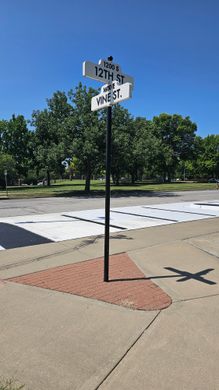
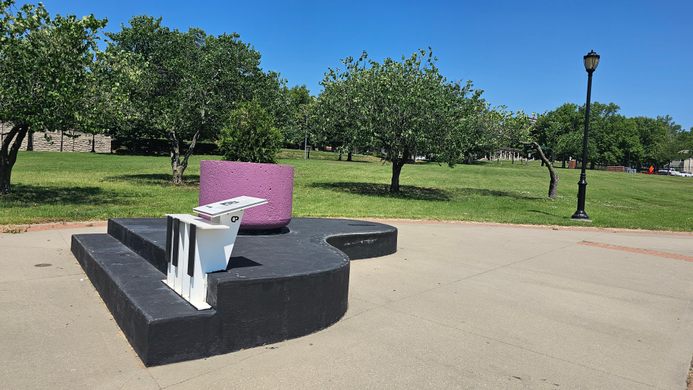
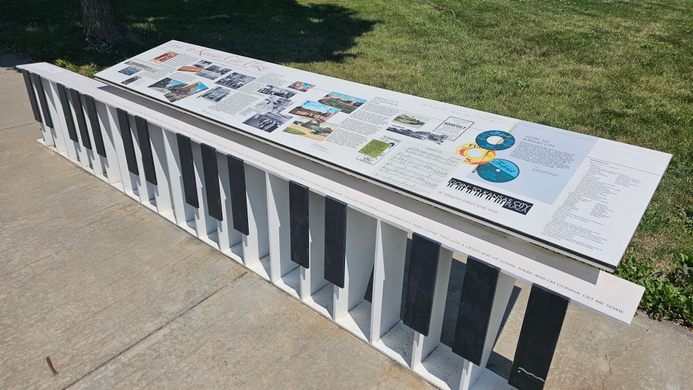
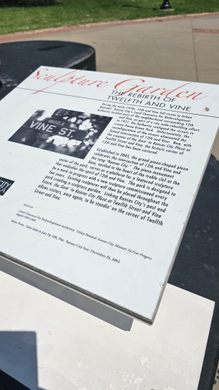









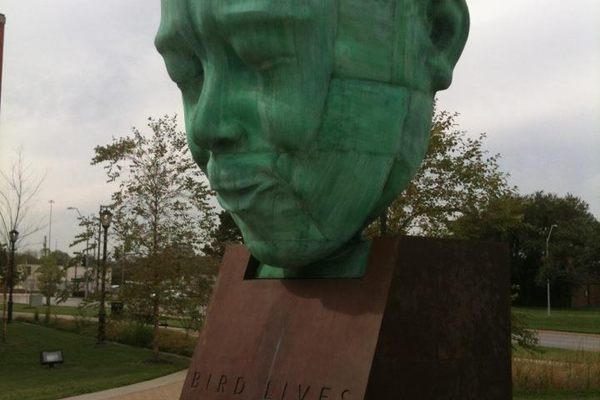
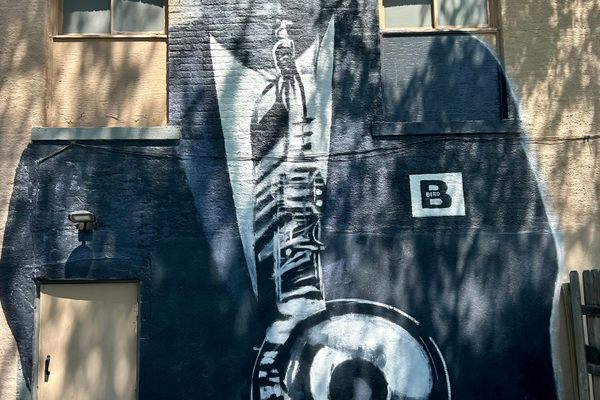



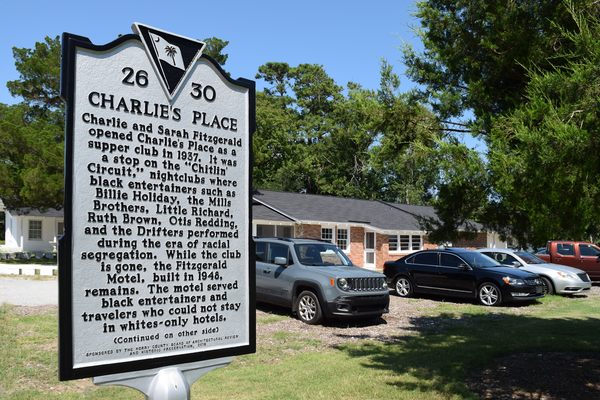
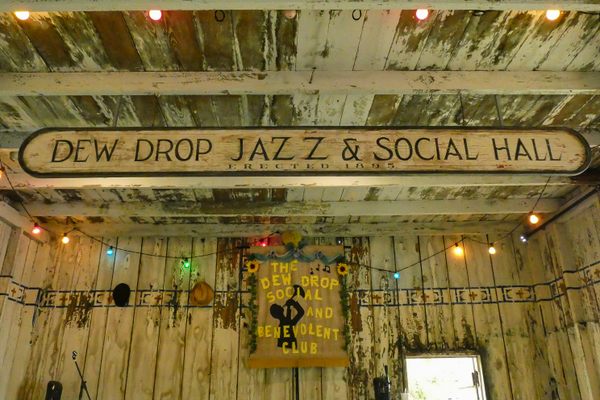

Follow us on Twitter to get the latest on the world's hidden wonders.
Like us on Facebook to get the latest on the world's hidden wonders.
Follow us on Twitter Like us on Facebook